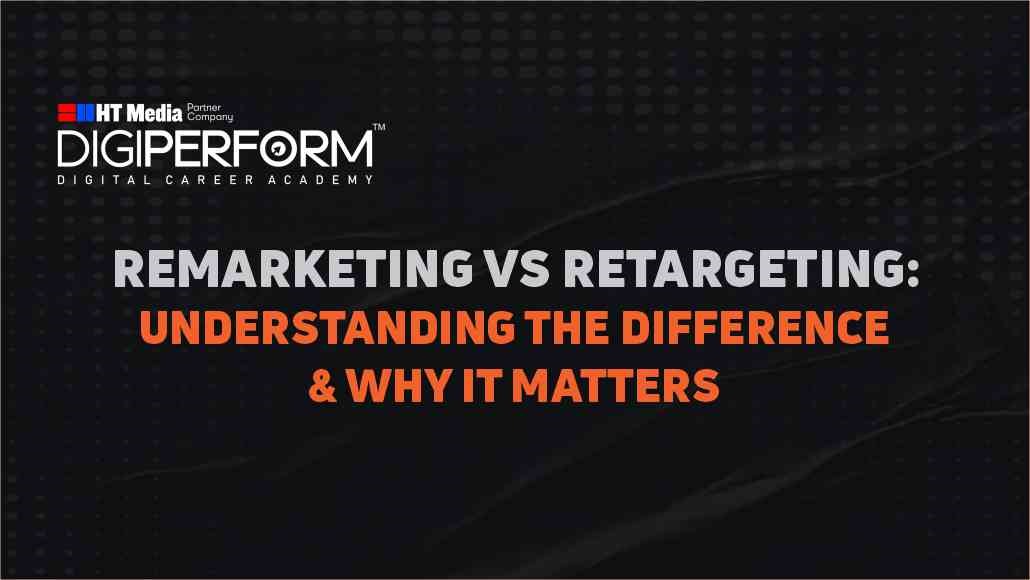If you’re a company owner, you know that aligning the workforce with the organization’s business objectives is not the easiest task. However, if you want to thrive and succeed in the long run, it’s an absolute necessity. One of the best ways organizations can meet their goals is by providing a top-notch employee experience through the implementation of effective employee marketing strategies. A workforce that demonstrates a commitment to their organizations and knows how to achieve its visions and mission gives the company unique competitive advantages such as higher productivity. Building the right internal marketing strategies depends on many factors such as employee job satisfaction, employee turnover rate, and how good the company’s hiring decisions are. Below, you can read more about what employee marketing means and how certain strategies can help you drive business objectives, create a better company culture, improve customer service, recruit, engage, and retain top talent.
What Is Employment Marketing?
Employment marketing is aimed at building a strong brand and promoting the brand’s core values, goals and culture. The ultimate goal is to demonstrate what makes your organization different or unique. The employer’s brand image has an impact on recruiting, talent retention, and overall reputation and perception of your company. The goal of employee marketing is to create an emotional connection with the company and brand, resulting in increased enthusiasm and employee engagement. When you treat your employees like customers and market the company to them, while sharing important information, you will attain greater productivity, successfully manage internal communication and align your workforce.
Introducing Core Values
Your priority should be to make the employee marketing strategies creative and adapted to your company. One way is to host a virtual lunch and learn as an informal training session that takes place over lunch where you can communicate the company’s core values and mission. This is important when wanting to establish the company culture and this type of event will allow you to be transparent with employees. Use it to tell them what they’re expected to do when working for the organization and ensure they can deliver on those exact promises. For example, if your company values open communication, employees are more likely to communicate openly on the job. This means sharing thoughts and ideas about their work and company projects, initiatives, and goals.
Onboarding Programs
An onboarding program is another excellent employee marketing strategy for employers to use and win the hearts and minds of new employees. It allows new employees to get familiarized with company procedures and culture and provides significant benefits in terms of efficiency, effectiveness, and retention. In the course of this program, prospective employees will be able to learn more about the company’s beginnings, core values, and mission statement. In addition, they will learn about their co-workers and their expected role within the organization. To stop employees from leaving the company, employers can improve their onboarding processes and make the entire experience more memorable and link it to the positive company culture.
Employee Engagement Programs
A great way of showing employees that they matter to the company is incorporating employee engagement programs and creating engaging activities and events for employees, aimed at building a strong and cohesive workforce. Research has shown that disengaged workers have no emotional or psychological attachment to their company and solely work for the paycheck benefit. Organizing office-wide contests, training and mentorship programs, volunteer opportunities and work-life balance programs are all examples of excellent worker engagement programs that will result in a happier workforce, increased productivity, high morale, and reduced employee turnover.
Brand Education
An effective employee marketing strategy is to promote the company culture by educating employees about the brand. Employees need to know what they are representing, why it is crucial, and how they should protect the brand. This provides employees with the right tools to become better brand ambassadors but also helps them show more empathy toward customers. Educating employees on brands can help them work better together and build a positive company culture.
Employee Advocacy
Everyone needs encouragement from time to time. If you have an effective employee advocacy program in place, your company can boost its brand awareness and increase sales. A good employee advocacy program rewards employees who share company content and interact with customers. You can accomplish this by encouraging your employees to share company content on various social media and review sites. When recommending a company’s product or service, they generate brand exposure.
Final Thoughts
Employee marketing is important as it leads to improved employee engagement, retention, better productivity, and great company culture. If you want to succeed with all this in the long run, put together flexible and adaptable employee marketing strategies and focus on internal brand communication that engages employees.






